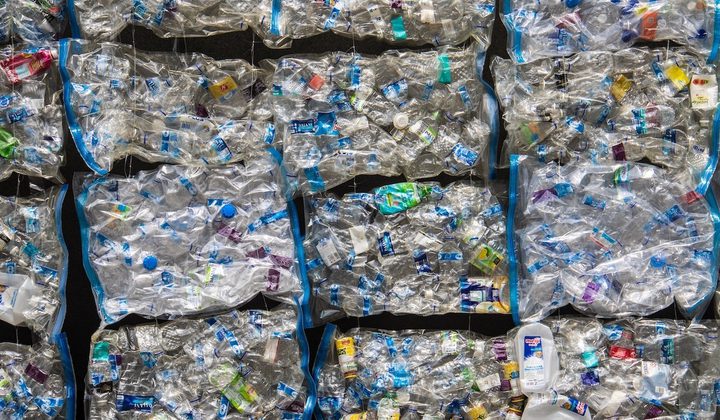The World Customs Organization’s Harmonized System is the main international system for classifying trade flows. Currently, HS classifications do not capture important aspects of trade across the life cycle of plastics that are relevant to researchers, businesses, and policymakers working to reduce plastic pollution. To facilitate discussion on this complex topic, TESS hosted an expert meeting on options for potential amendments to support efforts to reduce plastic pollution.
To support discussion, a draft report was circulated on “Improving the Classification, Monitoring, and Reporting of Global Plastic Trade Flows,” by Carla Vaca Eyzaguirre and Carolyn Deere Birkbeck. The draft report identified gaps and challenges in the HS with regard to the classifications used to categorize, monitor, and report on trade flows in plastics. It also identified preliminary options for amending the HS as a means to support the collection of data vital to understanding international trade flows in plastic products, and to monitoring and regulating plastics trade in ways that support plastic pollution reduction efforts.
The purpose of the meeting was to identify
- key gaps and challenges in the HS for trade classifications that are relevant to plastics pollution;
- where and how amendments to the HS would be most valuable to efforts to reduce plastic pollution;
- concrete options and priorities for amendments, including in the forthcoming 2027 HS amendment cycle.
Drawing on insights from the expert meeting, and additional feedback from experts on trade, the HS, the plastics sector and plastic pollution, a final report will be published at the end of August 2021.
The informal meeting was attended by experts from the Centre for International Environmental Law, International Institute for Sustainable Development, International Union for Conservation of Nature, the Basel Action Network, EA, Eurostat, Eunomia Research & Consulting Ltd, GAIA, Organisation for Economic Co-operation and Development, the Secretariat of the Basel, Rotterdam and Stockholm Conventions, UNEP, UNCTAD, World Customs Organization, WTO, and The Pew Charitable Trusts.
The research for this project was supported by The Pew Charitable Trusts.



